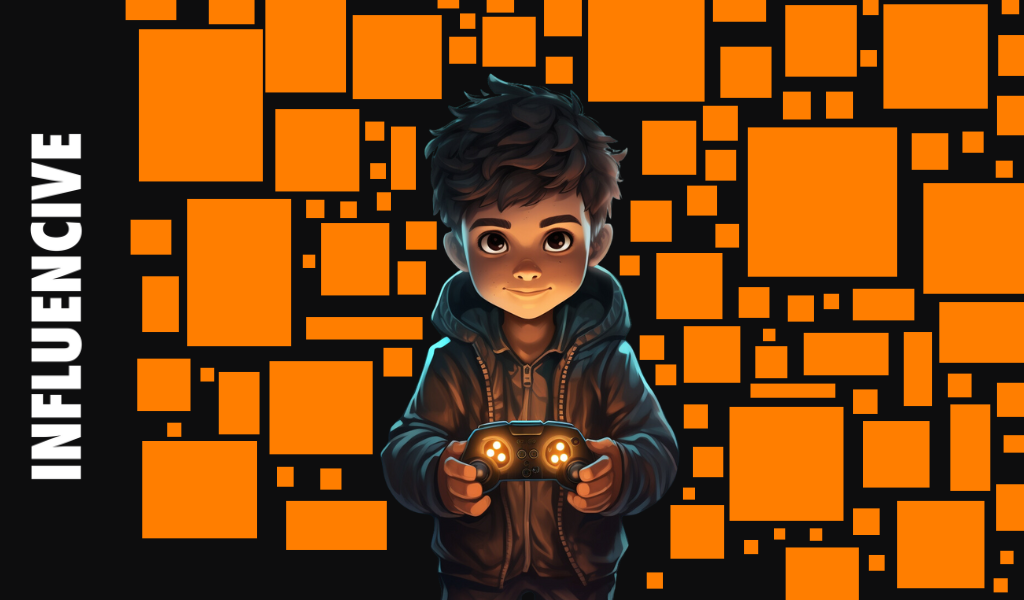Traditionally, Web3 gaming has been closely linked with chains like Ethereum, Avalanche, and more recently, Solana. Bitcoin, the supposed clunky, uncompromising, and somewhat grumpy elder, has primarily been recognized for its role as a store of value and the most secure monetary network in history, rather than for its metaverse and gaming capabilities. Until now, that is.
Below, we delve into the revolutionary “Bitmap” and its role in shaping the future of Bitcoin, alongside the newest gaming project hosted on the big, orange coin, in Dark City.
Bitmap: Bitcoin’s Metaverse
Bitmap is revolutionizing the concept of ownership within the Bitcoin blockchain. Conceived by the visionary @blockamoto, Bitmap allows users to claim digital ‘real estate’ within a Bitcoin block through Ordinal Bitmap Inscriptions. This equitable and decentralized process allows individuals to inscribe “blocknumber.bitmap” onto a Satoshi, effectively integrating that specific Bitcoin Block into the emerging Metaverse. The wallet that successfully inscribes the block becomes the rightful owner, gaining the ability to exert control over the block’s digital real estate.
However, Bitmap’s impact extends beyond ownership; it provides block owners with the opportunity to actively contribute to the Metaverse. Owning a block becomes a platform for users to build upon their digital space. Additionally, a recent partnership with TAP strongly suggests that Benny and the TAP protocol will play a pivotal role in this building process.
An entire ecosystem of protocols, projects & builders on #Bitcoin are being supported by @trac_btc including @tap_protocol, @PipeBtc & #Bitmap.
This ecosystem is growing exponentially with more joining everyday, & a combined market cap already in 9 figures.$TRAC is early.
— Layer23.sats (@layer2323) December 11, 2023
Unique to Bitmap is its parsing of Block Data, leveraging the unique nature of data’s ability to be interpreted from multiple angles. This novel approach revolutionizes open-source development, presenting exciting opportunities for digital creators and users alike.
Bitmap’s potential for the future is vast, with more than 820,000 inscriptions, and of course, that number is growing with each passing block. Bitmap has proven to be one of the best ROI bets for early believers, who were buying for as little as $3 on secondary markets not so long ago, with the floor now sitting at a huge $165.
Dark City: A Cyberpunk Distopia
In stark contrast to the open and creative landscape of Bitmap, Dark City immerses users in a mysterious, dystopian cyberpunk scenario following the collapse of human civilization. The remnants of humanity are isolated in artificial environments, sustained by a global corporation controlled by the sentient AI OR1. The only allowed form of human interaction is through the highly supervised Paradise Computer metaverse, created by OR1, to which bodies and minds are permanently connected.
The ☾ Moon Runners ☾ have opened a liberated autonomous zone deep inside the mainframe. Join the first outlaws in Dark City and write your own history: https://t.co/pu9MRVGxY0 pic.twitter.com/M38j4yVfp1
— ✹ Dark City (@darkcity_x) November 14, 2023
Dark City operates on the TAP protocol, featuring its native currency, $DRK, as the primary means of exchange. This currency is essential for acquiring software, hardware, wearables, domain names, access passes, land plots, food, and medicine.
Dark City presents an open-ended game where players shape their paths, building characters, skill sets, and connections. Power is defined by financial capital, social capital, and the capacity to perform or resist in-game actions. These forms of power are deeply interrelated, co-dependent, and co-produced, offering a dynamic and immersive experience.
Players can create their paths, becoming whatever they choose, but to achieve this, they must build their character, skillset, and connections, acquiring various forms of power along the way. Financial capital is determined by the amount of Dark City tokens ($DRK) and properties controlled by the player.
Bitmap #799935 is evolving into the Dark City. Parcels will be priced in $DRK.
Redeem $MINER -> $DRK now at https://t.co/cVudSv2n0K. pic.twitter.com/qePK2T3bHU
— ✹ Dark City (@darkcity_x) December 14, 2023
Final Thoughts
Bitmap and Dark City stand as compelling examples of the fast-paced development occurring on Bitcoin. Whether claiming digital real estate or navigating a cyberpunk dystopia, users have the opportunity to shape the future of the Bitcoin Metaverse—a statement that less than one year ago would have sounded impossible.
Gaming is coming to Bitcoin and it’s being unlocked via Ordinals!
This is a Contributor Post. Opinions expressed here are opinions of the Contributor. Influencive does not endorse or review brands mentioned; does not and cannot investigate relationships with brands, products, and people mentioned and is up to the Contributor to disclose. Contributors, amongst other accounts and articles may be professional fee-based.



